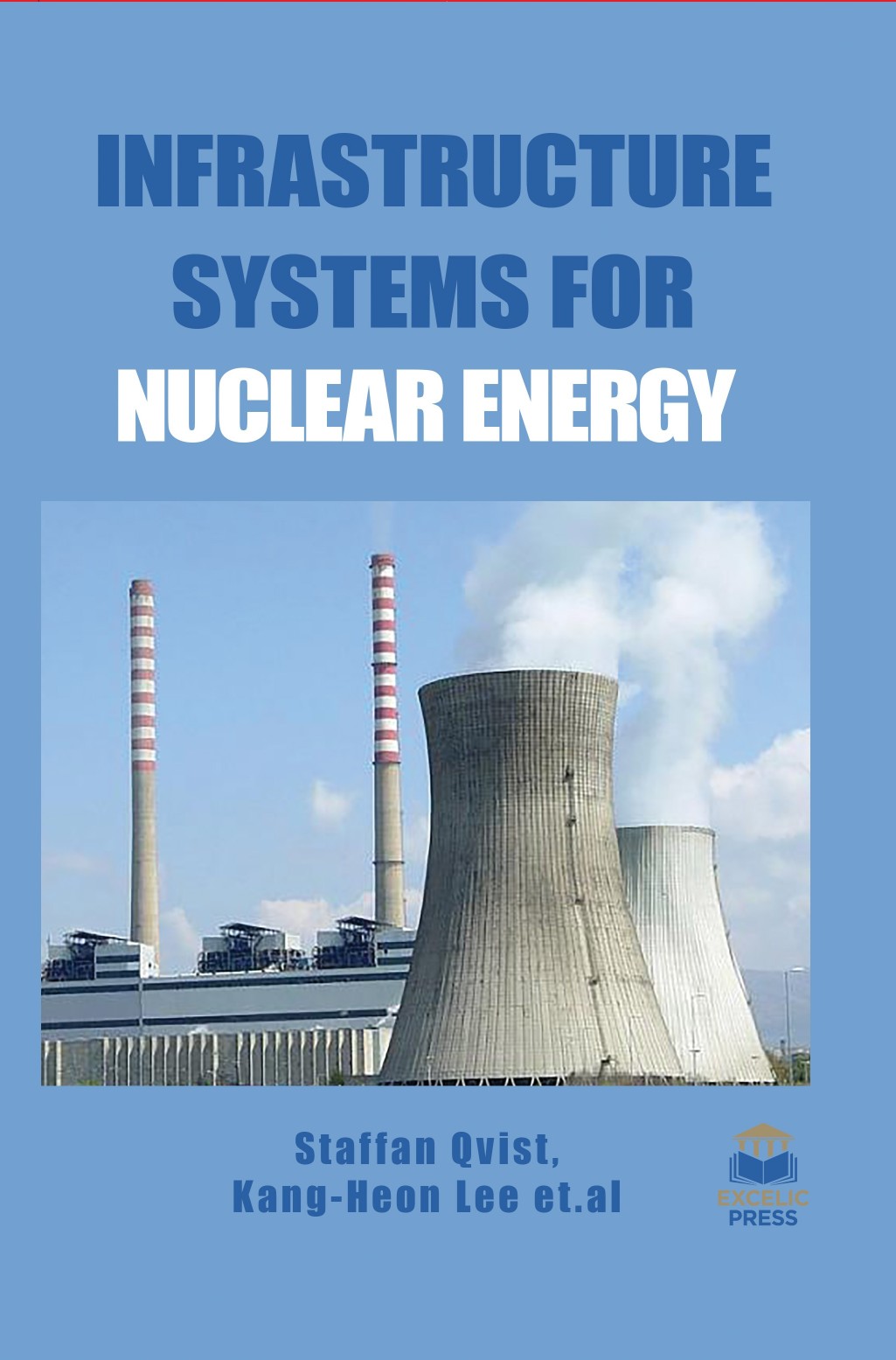The world’s population endures to upsurge, having approximately doubled in the past third of a century. World energy consumption has augmented even more rapidly, having more than quadrupled over the same period. This increase in energy consumption as compared to population growth has been taking place respectively faster in the developing countries over the past decade than in those that are already industrialized. It clearly indicates that initial development requires energy in increasing per capita quantities as efforts are made to make quantum improvements in the welfare of a country and its people. Energy resources other than fossil are needed and nuclear systems offer an effective option. Indeed, for the immediate future, pending some breakthroughs in the so called soft technologies, i.e., in cost-effective photovoltaics, or in the ultimate promise of fusion systems, nuclear fission and fossil fuel (primarily coal) are the only really viable alternatives that can be considered.
Nuclear power sector has the potential to play a vital role in the energy security of countries which are depending heavily on fossil fuels. While nuclear power cannot be the panacea for the global energy security challenges, the main role it can play is in sharing the burden of meeting the growing energy demand along with other fuel types.
Infrastructure Systems for Nuclear Energy brings together contributions from world-wide renowned authors and industry specialists aiming at the analysis and design of infrastructures associated with nuclear energy. Nuclear plant reliability and the closely associated plant availability — which indicates the percentage of time per year that a plant is capable of supplying power — are also key factors requiring future consideration. However, today global nuclear industry is growing at a faster pace with many of the existing nuclear power countries planning more operable reactors and also with the emergence of new countries planning to build nuclear power as a long-term alternative.
It provides insights into the current and future nuclear power industry and the infrastructure systems from the viewpoints of regulators, operators, practicing engineers and research academics.













